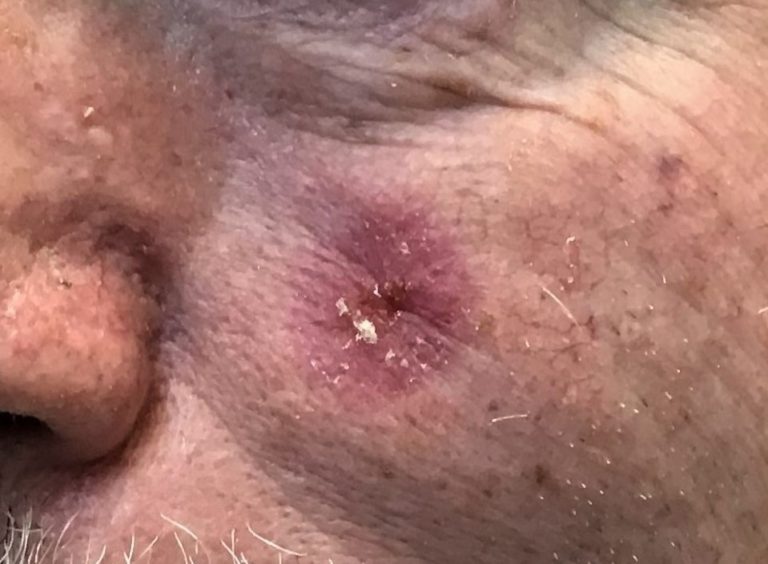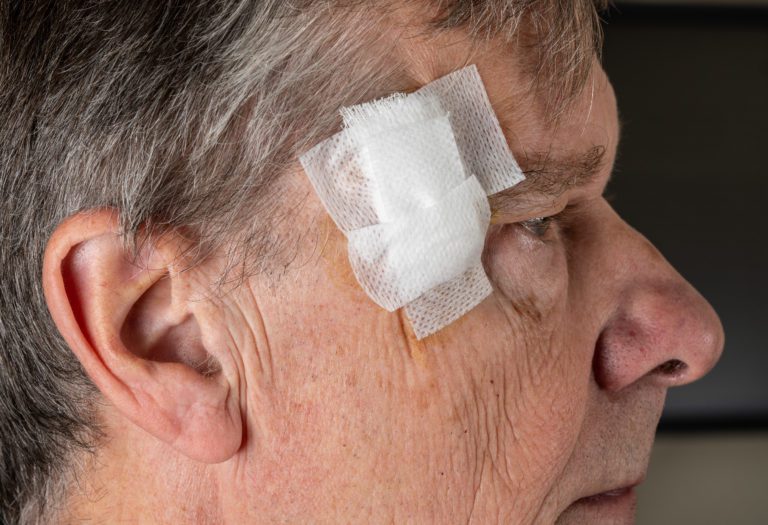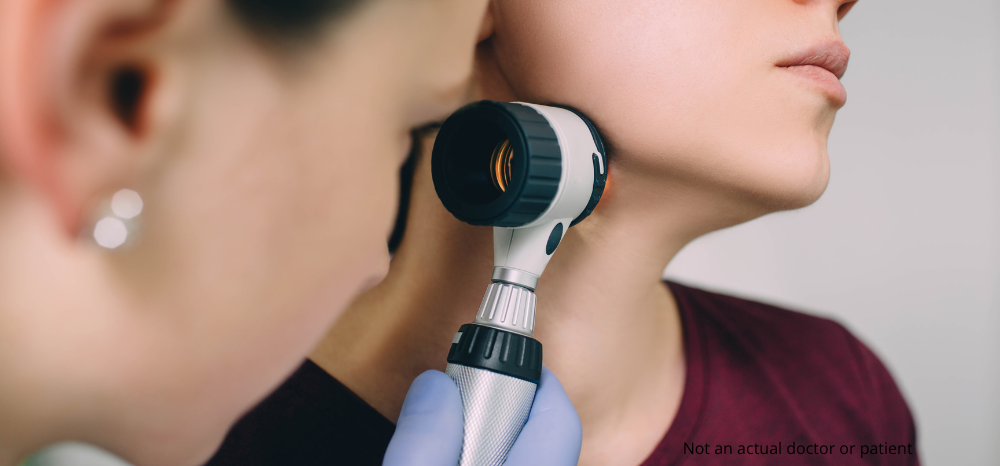
What is Radiotherapy?
Radiotherapy, or “radiation therapy,” is a cancer treatment method that directs high beams of energy directly at an affected area in order to eradicate cancerous cells. This effective, less invasive treatment works to shrink tumors and deliver results without surgery or chemotherapy, both of which can be more difficult to recover from. Learn how a…Read More







